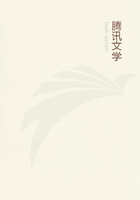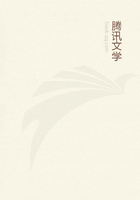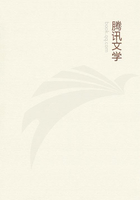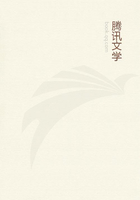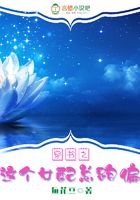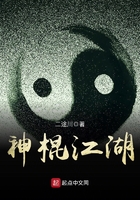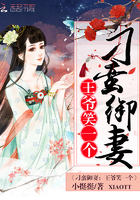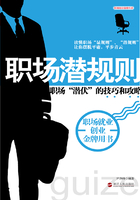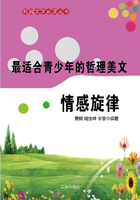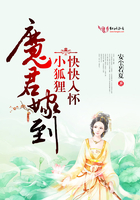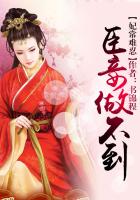It is by his poetry that Milton is best known; and it is of his poetry that we wish first to speak. By the general suffrage of the civilised world, his place has been assigned among the greatest masters of the art. His detractors, however, though outvoted, have not been silenced. There are many critics, and some of great name, who contrive in the same breath to extol the poems and to decry the poet. The works they acknowledge, considered in themselves, may be classed among the noblest productions of the human mind. But they will not allow the author to rank with those great men who, born in the infancy of civilisation, supplied, by their own powers, the want of instruction, and, though destitute of models themselves, bequeathed to posterity models which defy imitation. Milton, it is said, inherited what his predecessors created; he lived in an enlightened age; he received a finished education, and we must therefore, if we would form a just estimate of his powers, make large deductions in consideration of these advantages.
We venture to say, on the contrary, paradoxical as the remark may appear, that no poet has ever had to struggle with more unfavourable circumstances than Milton. He doubted, as he has himself owned, whether he had not been born "an age too late."
For this notion Johnson has thought fit to make him the butt of much clumsy ridicule. The poet, we believe, understood the nature of his art better than the critic. He knew that his poetical genius derived no advantage from the civilisation which surrounded him, or from the learning which he had acquired; and he looked back with something like regret to the ruder age of simple words and vivid impressions.
We think that, as civilisation advances, poetry almost necessarily declines. Therefore, though we fervently admire those great works of imagination which have appeared in dark ages, we do not admire them the more because they have appeared in dark ages. On the contrary, we hold that the most wonderful and splendid proof of genius is a great poem produced in a civilised age. We cannot understand why those who believe in that most orthodox article of literary faith, that the earliest poets are generally the best, should wonder at the rule as if it were the exception. Surely the uniformity of the phaenomenon indicates a corresponding uniformity in the cause.
The fact is, that common observers reason from the progress of the experimental sciences to that of imitative arts. The improvement of the former is gradual and slow. Ages are spent in collecting materials, ages more in separating and combining them.
Even when a system has been formed, there is still something to add, to alter, or to reject. Every generation enjoys the use of a vast hoard bequeathed to it by antiquity, and transmits that hoard, augmented by fresh acquisitions, to future ages. In these pursuits, therefore, the first speculators lie under great disadvantages, and, even when they fail, are entitled to praise.
Their pupils, with far inferior intellectual powers, speedily surpass them in actual attainments. Every girl who has read Mrs.
Marcet's little dialogues on Political Economy could teach Montague or Walpole many lessons in finance. Any intelligent man may now, by resolutely applying himself for a few years to mathematics, learn more than the great Newton knew after half a century of study and meditation.
But it is not thus with music, with painting, or with sculpture.
Still less is it thus with poetry. The progress of refinement rarely supplies these arts with better objects of imitation. It may indeed improve the instruments which are necessary to the mechanical operations of the musician, the sculptor, and the painter. But language, the machine of the poet, is best fitted for his purpose in its rudest state. Nations, like individuals, first perceive, and then abstract. They advance from particular images to general terms. Hence the vocabulary of an enlightened society is philosophical, that of a half-civilised people is poetical.
This change in the language of men is partly the cause and partly the effect of a corresponding change in the nature of their intellectual operations, of a change by which science gains and poetry loses. Generalisation is necessary to the advancement of knowledge; but particularity is indispensable to the creations of the imagination. In proportion as men know more and think more, they look less at individuals and more at classes. They therefore make better theories and worse poems. They give us vague phrases instead of images, and personified qualities instead of men. They may be better able to analyse human nature than their predecessors. But analysis is not the business of the poet. His office is to portray, not to dissect. He may believe in a moral sense, like Shaftesbury; he may refer all human actions to self-interest, like Helvetius; or he may never think about the matter at all. His creed on such subjects will no more influence his poetry, properly so called, than the notions which a painter may have conceived respecting the lacrymal glands, or the circulation of the blood will affect the tears of his Niobe, or the blushes of his Aurora. If Shakespeare had written a book on the motives of human actions, it is by no means certain that it would have been a good one. It is extremely improbable that it would have contained half so much able reasoning on the subject as is to be found in the Fable of the Bees. But could Mandeville have created an Iago? Well as he knew how to resolve characters into their elements, would he have been able to combine those elements in such a manner as to make up a man, a real, living, individual man?

